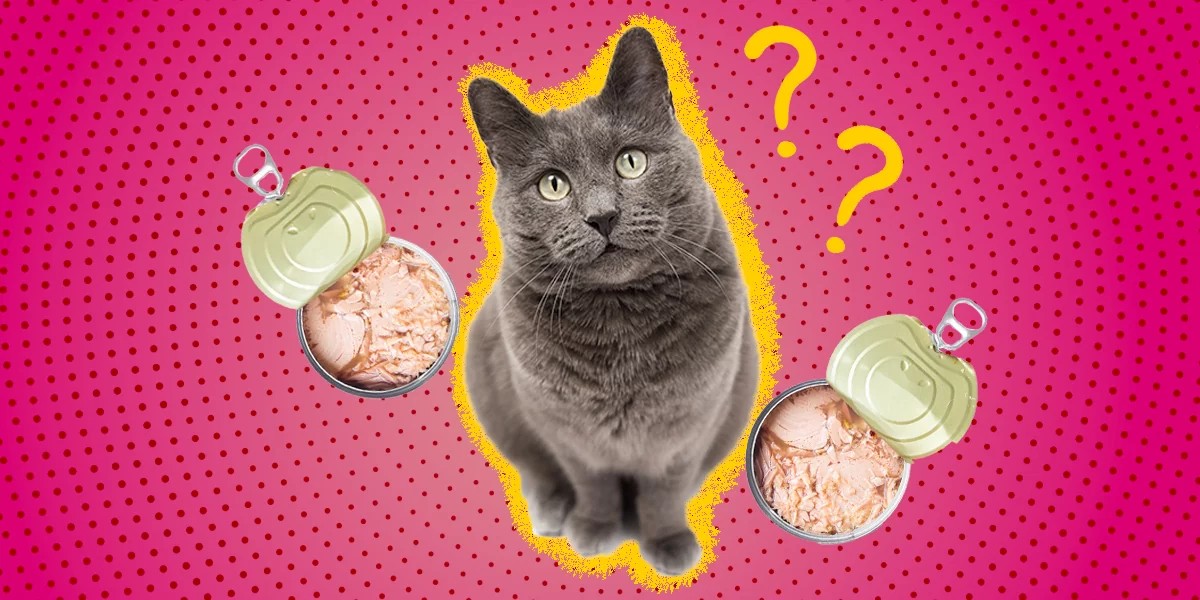Cats, those delightful feline friends, have discerning palates and nutritional needs that must be met with care. Among the array of choices in cat food, one option stands out as a true favourite among many: tuna. Tuna isn’t just a tasty treat for our whiskered companions; it’s a nutritious option that can provide essential nutrients for a healthy, happy cat. Let’s dive into why tuna is simply meow-nificent for your feline friend.
Nutritional Benefits
Tuna is packed with protein, which is crucial for cats to maintain lean muscle mass and support overall growth and development. Protein also aids in keeping cats feeling full and satisfied, which can help prevent overeating and obesity. Additionally, tuna is a natural source of omega-3 fatty acids, which contribute to healthy skin and a shiny coat. These fatty acids also support cognitive function and help reduce inflammation, benefiting cats of all ages.
Palatability
One of the reasons tuna is such a hit with cats is its irresistible flavour and aroma. Cats are known for their discerning taste buds, and many simply can’t resist the allure of tuna. Whether it’s served fresh, canned, or as part of a formulated cat food, tuna’s savoury taste often leads to enthusiastic purrs and tail wags from our feline companions.
Variety and Versatility
Tuna comes in various forms, making it a versatile option for cat owners. Whether you prefer to serve your cat fresh tuna, canned tuna, or tuna-flavoured cat food, there’s an option to suit every preference and budget. Tuna can be served alone as a treat or mixed with other ingredients to create a well-balanced meal for your cat. Its versatility makes it easy to incorporate into your cat’s diet in a way that works best for both of you.
Digestibility
Another benefit of tuna is its high digestibility for cats. Unlike some other proteins, tuna is easily broken down by a cat’s digestive system, allowing for efficient absorption of nutrients. This means that cats can reap the full nutritional benefits of tuna without putting extra strain on their digestive tract. As a result, tuna can be an excellent option for cats with sensitive stomachs or dietary sensitivities.
Cautionary Considerations
While tuna can be a nutritious and tasty addition to your cat’s diet, it’s essential to use moderation and consider potential drawbacks. Tuna should not be the sole component of your cat’s diet, as prolonged consumption can lead to health issues such as mercury poisoning or nutrient imbalances. Additionally, some cats may develop allergies to tuna, so it’s essential to monitor your cat for any adverse reactions when introducing new foods.
Conclusion
In conclusion, tuna is indeed a meow-nificent choice for cat owners looking to provide their feline friends with a delicious and nutritious diet. With its abundance of protein, omega-3 fatty acids, and irresistible flavour, tuna offers a host of benefits for cats of all ages and breeds. Whether served fresh, canned, or as part of a formulated cat food, tuna provides a tasty and versatile option that cats adore. Just remember to use moderation and consider your cat’s individual needs when incorporating tuna into their diet. With careful consideration, tuna can be a delightful addition to your cat’s culinary repertoire, keeping them happy, healthy, and purring contentedly.
Related posts
Recent Posts
Advertisement


